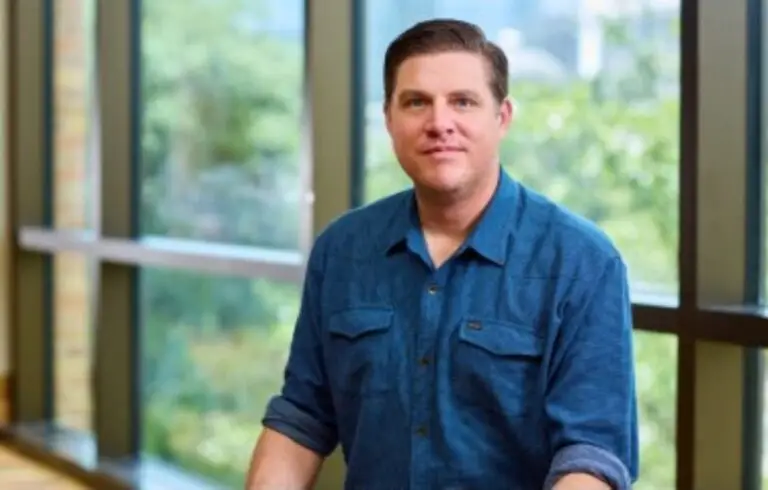We all strive for approval in one way or another.
As human beings, from our time in caves, through our experience with royalty, through our careers in modern organizations, we have learned that our success is directly related to gaining the approval of key stakeholders—often the people in power.
As young people, we seek approval from our parents before we even learn to speak. We strive for approval from our peers. We need approval from our teachers as we take test after test after test.
Yet, when we Google “need for approval,” the results often describe a psychological disorder. They suggest that seeking approval is somehow dysfunctional. When is it normal and useful to prove ourselves to others, and when it a waste of time—or even worse?
Not surprisingly, the renown consultant and author Peter Drucker provides a great answer. Drucker said, “We are here on Earth to make a positive difference, not to prove how smart or right we are.”
Yet, after years and years of proving ourselves, it can be hard to stop.
Right Doesn’t Warrant Might
My [Marshall’s] book, What Got You Here Won’t Get You There, is primarily focused on the challenges of successful leaders who focus too much on proving themselves (such as “winning too much” or “adding too much value”). They “oversell” themselves.
One former CEO we coached noted, “When I became the CEO, my suggestions became orders”—even when they made no sense. When asked what he learned from coaching, he replied, “Before trying to prove my point, do not just ask, ‘Am I correct?’ Also ask, ‘Is it worth it’?’”
He went on to say, “When I asked myself these questions, I often concluded, am I right? Maybe. Is it worth it? No.”
As a CEO, learn to take a breath before trying to prove you are right, and ask: “Is my comment going to do more good than harm?” Be ready to let it go.
In our work with coaches, we often find professionals who have the opposite problem. They undersell themselves. They hold back and “hide their light under a bushel.” They may think, “I should not need to prove myself. My good work should speak for itself.” If this were true, no company would need a marketing department!
When we work with people who undersell themselves, we ask: If you were more influential, would the world be a better place? Then we ask: ‘Are you uncomfortable trying to prove yourself and becoming more influential?
After getting two votes for “yes,” we given them a challenge: “Which is more important to you, making the world a better place or your own comfort?” They quickly realize that, in some cases, proving themselves is necessary to help make the world a better place.
Credibility has to be earned twice: 1) being excellent at what we do and 2) being recognized for our excellence. Being excellent at what we do and not being recognized for it is equivalent to writing an amazing book that no one reads.
At the individual level, building credibility requires both doing great work and being recognized for what you do. The same principle applies to your organization. Your company’s credibility requires both doing great work and being recognized for what you do.
As coaches, we have two suggestions for you as a CEO:
1) Coach your people who “oversell.” Help them learn to fight the instinct to prove themselves when it is not making a positive difference for the organization.
2) Coach your people who “undersell.” Help them learn that gaining approval for themselves and their work can help them make a positive difference for the organization.






